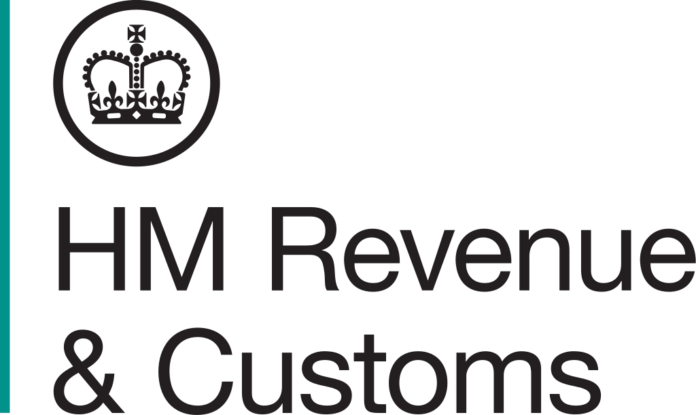
Summer is a time to unwind and relax, but it’s also when scammers get creative, hoping to catch you off guard with their schemes. Finance expert Gary Hemming, from ABC finance, helps you navigate the potential pitfalls to some of the most common HMRC scams you need to be aware of this summer and how to protect yourself.
Fake TaxHave you received an unexpected text or email saying you’re eligible for a tax refund? It’s likely a scam! Scammers will provide a link asking for personal or financial details under the guise of a refund. HMRC will never ask for such information via text or email.
Threatening Phone Calls
You might receive a call claiming you’ll be arrested if you don’t pay a supposed tax debt immediately. This is a fear tactic to pressure you into providing sensitive information or making immediate payments. Remember, HMRC won’t resort to threats or arrest warrants over the phone.
Phishing Emails
Scammers can make emails look like they are from HMRC, asking for bank details to process a refund. Always double-check the email address and content. Grammatical errors or unusual domain names are red flags. If you are uncertain, directly contact HMRC via their official channels.
Gift Card Scams
Scammers often request that fines or penalties be paid via gift cards, which is a clear sign of fraudulent activity. HMRC only accepts payments through official channels, never through unconventional means like gift cards.
Tax Credits Fraud
Beware of anyone posing as an HMRC representative offering assistance with tax credits. Scammers often request sensitive personal information or upfront fees. Always verify the identity of anyone who contacts you regarding tax credits.
Social Media Messages
Scammers are active on social media, too. Fake profiles may message you, claiming to be HMRC, and ask for personal or financial details. HMRC will never reach out via social media.
Self-Assessment Scam
Be cautious of communications stating that your self-assessment details require urgent action. If you’re unsure, contact HMRC directly through their official website.
How to Protect Yourself
Contact HMRC Directly: If you receive any suspicious communication, contact HMRC through their official website or phone numbers.
Report Scams: Report all scam emails or messages to HMRC. This will help prevent further fraud attempts.
Be Skeptical: Avoid sharing sensitive personal or financial information through unsolicited messages.
Stay Informed: Share this information with friends and family to help them avoid these scams as well.
Gary Hemming, Finance Expert at ABC Finance, adds:
“Scammers thrive on creating panic and urgency to manipulate people. Always take a step back, verify information through official channels, and never hesitate to ask for help from HMRC if you’re unsure. Stay vigilant and spread the word to protect yourself and others.”
Help keep news FREE for our readers
Supporting your local community newspaper/online news outlet is crucial now more than ever. If you believe in independent journalism, then consider making a valuable contribution by making a one-time or monthly donation. We operate in rural areas where providing unbiased news can be challenging. Read More About Supporting The West Wales Chronicle






















